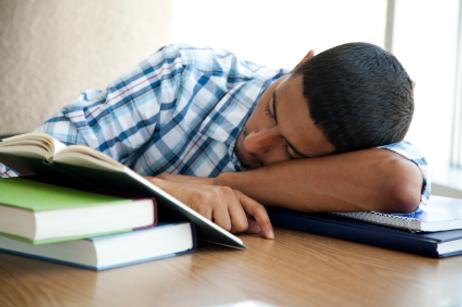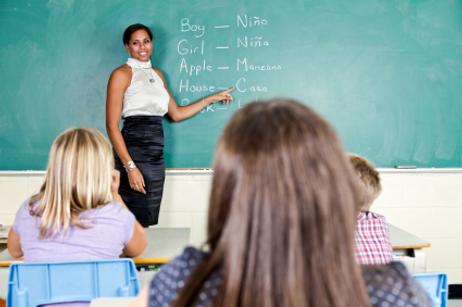Despite protests from parents and teachers, many students adopt and embrace habits of insomnia during their essential school years. Especially in the middle and high school years, many young teens receive far less than the recommended average amount of sleep.
The (NSF) suggests that all people‚ÄĒboth teens and adults‚ÄĒshould receive at least seven to eight hours of sleep each night. Despite this recommendation, however, studies show that most students receive less than 6.5 hours of sleep each night. According to experts, the amount of sleep a student receives during his or her school years ultimately influences the outcome of each student‚Äôs academic performance.
The Significance of Sleep
As reported by , a 2007 study of sleeplessness revealed that a lack of sleep leads to an array of health problems. Specifically, a lack of sleep actually drops the number of white blood cells in the body. With a loss of white blood cells, the body‚Äôs immune system is also taxed and less powerful. In a 2007 study, as experts examined the influence of sleep in rats, scientists discovered that after significant and consistent sleep loss, the rats‚Ä� immune systems eventually completely failed.
While sleep helps restore our immune systems and bodies, the role of sleep in one’s academic abilities is a bit more unique. As the (NINDS) supports, sleep is not only



















